Belgium often stands near the top of the list when discussing diverse nations. Its rich history and culture make it a fascinating place to explore – especially if you want more insight into different languages and cultures. But with three official languages varying in dialects (Dutch, French, German) throughout its regions, what language do they speak in Belgium? In this blog post, we will discuss what is spoken as an official language and regional variations in each one. We'll also look at other commonly-spoken languages spoken within Belgium so that visitors can better understand their surroundings when visiting this beautiful country.
Overview of Official Languages in Belgium
Belgium is a country of linguistic diversity, with three official languages: Dutch (spoken in the north), French (spoken in the south), and German (spoken in the east). As its name implies, each language is spoken officially throughout the region. Although English is not one of its official languages, it is widely used for business and international diplomacy.
Of these three national languages, Dutch is by far the most dominant. Most Belgians identify Dutch as their mother tongue; around three-quarters of Belgium's population speaks it fluently. The second most popular language in Belgium is French—about 13% of Belgians are native French speakers. Compared to France, Belgian French has some unique features that make it distinct from the more well-known "Parisian" French. Finally, German is spoken by a small minority of Belgians—just 1% of the population—mostly in and around eastern Wallonia.
Belgium also has several minority languages, which are primarily spoken in Brussels. The most common among these is Flemish Brabant (a variation of Dutch), followed by Picard (a French dialect) and Lëtzebuergesch (the only native Germanic language of Belgium). Additionally, some migrants to Belgium have brought their languages, such as Arabic and Turkish.
Despite its many linguistic differences, Belgium is a remarkably united country; each official language has equal standing constitutionally and funding by the government. This has allowed Belgium to maintain linguistic harmony over the centuries while recognizing its distinct cultural identities.
Unsurprisingly, many multilingual resources can be found nationwide—from TV broadcasts and radio stations to newspapers, magazines, books, and websites. And with English increasingly seen as an international language, many Belgians are also learning it. As a result, communication between people of different languages and cultures in Belgium is becoming ever easier!
Which Languages Are Spoken In Brussels?
Brussels is the capital of Belgium, and it is officially bilingual. The two official languages in Brussels are French and Flemish (also Dutch) daily; however, French predominates. It is mainly because the French overshadowed the Flemish during the 19th century when Brussels went through rapid industrialization. The French became associated with progress and prestige for many, while the Flemish was seen as backward and old-fashioned. As such, most people in Brussels today prefer to speak French rather than Flemish.
Though English is not the official language of Belgium or Brussels specifically, it is widely spoken, especially by people in the more affluent parts of the city. English is also spoken in tourist-oriented areas such as Grand Place and the major museums. Due to its multicultural population, Spanish, German, and Italian are also commonly spoken in Brussels.
French remains the dominant language across Brussels, with the Flemish mostly used for official government documents and street signage. However, as a significant capital with diverse origins, it is common to hear multiple languages on any given day while exploring this vibrant city.
What if I don't speak the language in Belgium?
Timekettle Translation Earbuds is a revolutionary device that could revolutionize how people communicate in Belgium. These earbuds provide real-time, two-way translations in over 40 languages, including French and Dutch, Belgium's two main official languages. With a simple push of a button, users can easily understand conversations in either language. Whether traveling to or living in Belgium, Timekettle's earbuds make it easier to stay connected with those around you, no matter their language. So if you're looking for a convenient way to communicate with the locals in Belgium, Timekettle's Translation Earbuds are the perfect device for you!
How Do Translation Earbuds Help Students Communicate Better?
Timekettle Translation Earbuds allow students from all over the world to communicate with each other without having to worry about language barriers. With a simple tap, Timekettle Translation Earbuds can accurately interpret and translate voice messages in over 40 languages, making it easier for international students to understand one another. The earbuds also have noise-canceling capabilities, so conversations remain clear even in loud environments like classrooms or dorms. Additionally, users can customize their profile settings, allowing them to choose which languages they want to be translated while talking.
Integrating Timekettle's advanced technology into these earbuds makes it easier for international students to connect and actively participate in classroom discussions. Through these devices, students can get the most out of their education and build lasting relationships with peers from different cultures and backgrounds. With the help of Timekettle Translation Earbuds, students can break down language barriers and engage in meaningful conversations with each other.
By providing a comprehensive translation solution that helps students make connections based on mutual understanding rather than language barriers, Timekettle is helping to create a more inclusive learning environment for international students everywhere. With these earbuds, it's now easier for people from all corners of the globe to learn from one another without facing communication issues.
Frequently Asked Questions:
Are English speakers easily understood in Belgium?
English is widely spoken in Belgium, and most people can understand it. However, if you want to be understood fully, using the Timekettle Translation Earbuds is a great way to ensure an effortless conversation with anyone, regardless of their native language!
How many dialects of Dutch are used in Belgium?
It's estimated that there are over 26 different dialects of Dutch used in Belgium! These include the Flemish, Brabantian, West-Flemish, Ghent-Terneuzen, East-Flemish, and Limburgish dialects.
Is Dutch spoken around the world?
Although Dutch isn't widely spoken outside of the Netherlands, it can be heard in parts of Belgium, Suriname, South Africa, and Indonesia. Dutch is also a recognized language by the European Union and UNESCO.
Do Belgians use their native language for international communication?
Yes! The Dutch, French, and German languages used in Belgium are all recognized by the United Nations as official working languages of international communication. This means that Belgian government officials can use these languages when speaking on behalf of their country abroad.
Are Flemish words different from Dutch words?
While Dutch is the majority language spoken in Belgium, Flemish is a variety of Dutch with its unique vocabulary and expressions. Flemish dialects also have distinct pronunciation differences compared to standard Dutch, making it an exciting variety to learn.
Final Note:
Finally, Timekettle Translation Earbuds are a great way to communicate effectively and understand conversations in Belgium. With its ability to support English and any other native language of the country, it is sure to facilitate an easy transition into the culture and language of Belgium. Whether you're visiting or staying for a long period, these earbuds will help make communication smoother and easier. So, if you ever need a translation device while in Belgium, Timekettle Translation Earbuds are a perfect choice!
 Talk to Customer Service 1(833) 491-1328
Talk to Customer Service 1(833) 491-1328












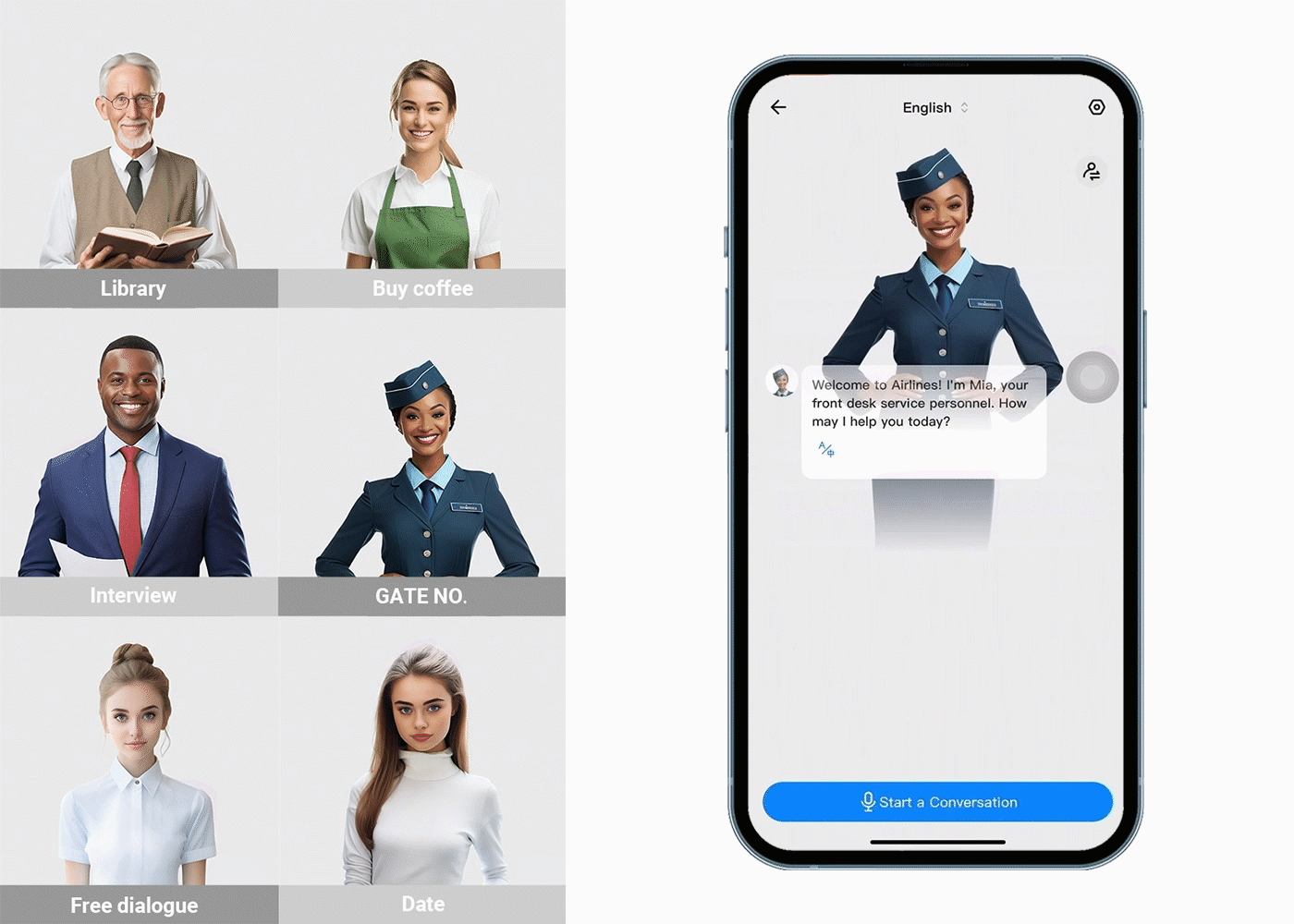




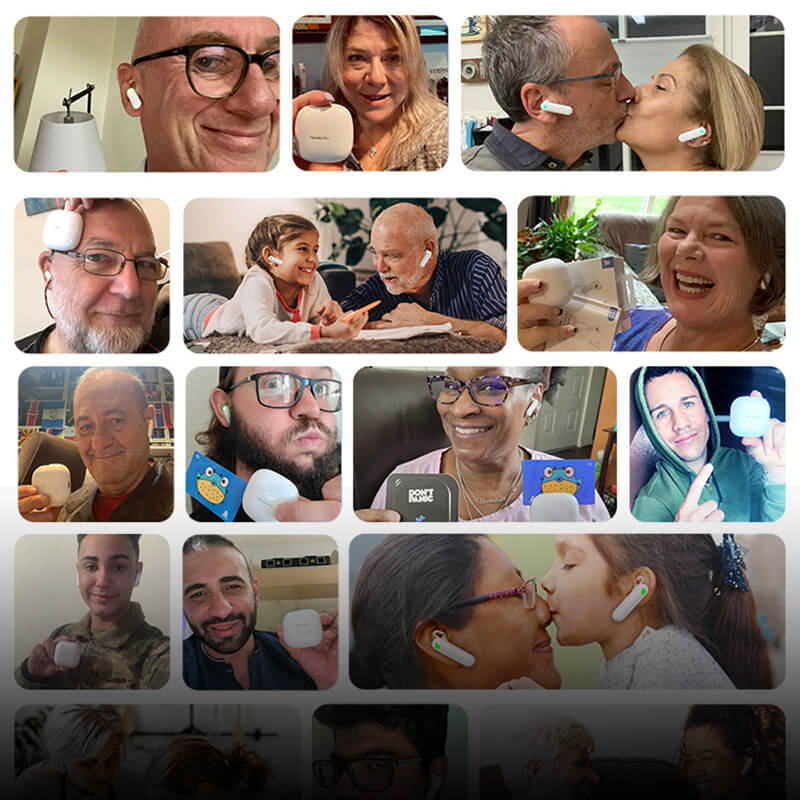









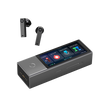



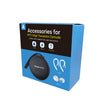




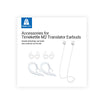





Deja un comentario
Todos los comentarios se moderan antes de ser publicado.
Este sitio está protegido por hCaptcha y se aplican la Política de privacidad de hCaptcha y los Términos del servicio.